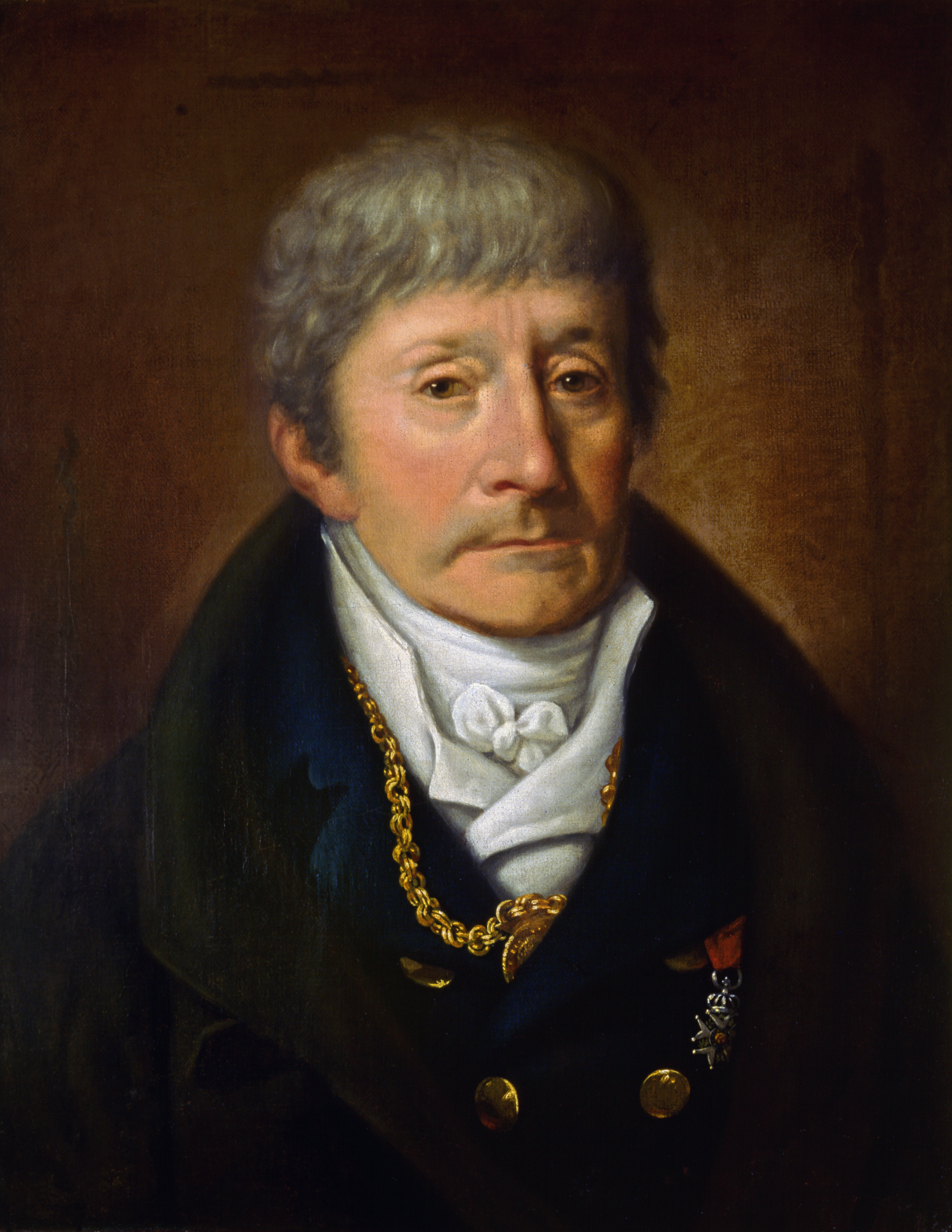Antonio Salieri
The Classical Period
Joseph Willibrord Mähler, Public domain, via Wikimedia Commons
Antonio Salieri dominated the Italian-language opera scene in Vienna throughout the latter half of the 18th century. Originally from a small town called Legnago, which was controlled by the Republic of Venice, he took music lessons early from his older brother, who was a violinist. Salieri's parents died when he was young, and he was briefly taken in by a monk from Padua before moving to Venice, where he continued his musical studies. When Salieri was sixteen, he gained the attention of an Austrian composer named Florian Gassmann, who took him to Vienna to complete his musical training. Salieri was already composing operas and instrumental pieces during this early period, but most of his works have been lost, possibly intentionally.
In Vienna, Salieri impressed Emperor Joseph II, the son of Empress Maria Theresa, and eventually became the director of the Viennese Italian opera company. For fifty years, Salieri was a mainstay of Viennese life. He would often mix different operatic styles. He gained critical acclaim from his first serious opera, Armida (1771), and real popularity from his comedic opera, La Fiera di Venezia (1772.)
When his patron Gassmann died in 1774, Salieri married Therese von Helferstorfer, whose father had been a wealthy treasurer for the Venetian court. The marriage seemed to be a happy one and produced eight children. At this point, however, Emperor Joseph II began favoring German opera over Italian, so Salieri, still feeling he was not perfectly fluent in German, left Austria and did a two-year tour of Italy before returning in 1780. He wrote an opera in German upon his return, Der Rauchfangkehrer, which was a success.
In 1784, Salieri went to Paris and wrote a French opera, Les Danaïdes, the dark tone of which remained popular for over forty years. He returned to Vienna after this and met Wolfgang Amadeus Mozart, who had just arrived in the city. He wrote La Grotta di Trofinio in 1785, which was a great success, and another even more successful opera in Paris, Tarare, in 1787. The Italian version of this play, Axur re d'Ormus, premiered in Vienna the following year (after having its social and political commentary toned down somewhat) and was extremely popular. He became the Austrian court's Kappellmeister in 1788, and held the post until his retirement in 1824.
In his latter years, he felt he was no longer able to keep up with the changing styles of the onset of the Romantic Period, just as his once-liberal views in support of Joseph II and the early French Revolution were now considered reactionary and conservative. For the remainder of his life, he focused mainly on sacred music and teaching, with pupils including Ludwig van Beethoven, Franz Liszt, and Franz Schubert.
Today, he is mostly famous for murdering Wolfgang Amadeus Mozart, which he did not do. He is depicted as doing so in the plays of Alexander Pushkin and Peter Schaffer as the arch-nemesis of Wolfgang Mozart, but although they certainly knew each other, there is no historical evidence to suggest they had an antagonistic relationship. The spreading rumours, however, did contribute to Salieri having a number of nervous breakdowns late in life, including a suicide attempt in 1824, after which he was committed to an asylum and died the following year. Ironically, however, the rumors of his role in Mozart's death have hitched Salieri's fame to Mozart's, and his music is better remembered for it.
